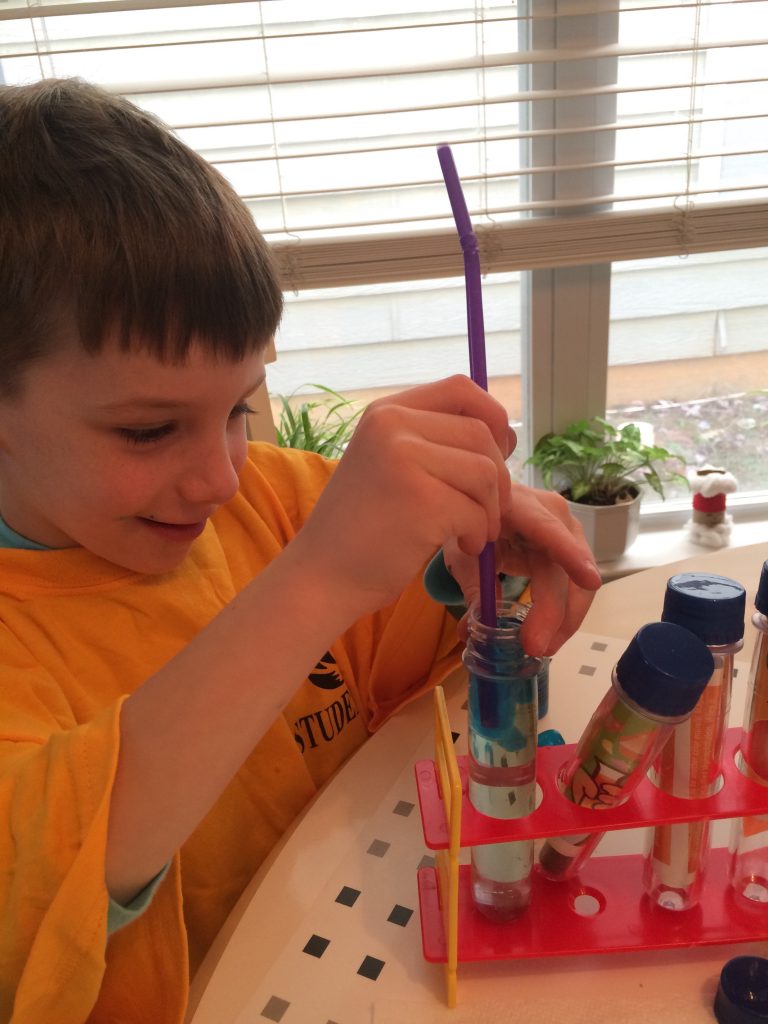Science fairs have been a part of the school curriculum for many years. They are an effective learning tool. However, if the student isn’t scientifically inclined, it can cause anxiety. When science involves hands-on learning, students find enjoyment. As students utilize the Scientific Method, they internalize concepts better than reading about a subject in a book or on the internet.
Most students have a natural curiosity and enjoy exploring, especially when it comes to science, which is a hands-on subject. Engaging in science projects and taking part in science fairs can motivate students to pursue STEM courses later. These experiences can also encourage students to see themselves as scientists and engineers, leading to a greater understanding and interest in these fields.
Science Fairs and Disciplines
Encouraging student engagement in science can broaden their exposure to other academic disciplines such as mathematics, history, and language. The development of science projects requires the use of evidence to construct understanding and merge rational and creative thinking. The results of these projects demand careful analysis and interpretation by students. Additionally, writing skills are crucial when presenting scientific information. Science writing necessitates using factual evidence and numerical data to effectively communicate information.
Stress in Science Fairs
During spring, many schools hold science fairs. These can be a source of anxiety for students and their families. Parents usually assist younger students in selecting a science project that requires a financial investment and end up doing the majority of the project work. As a consequence, the educational benefits of the project are experienced more by the parents than the students. Students from low-income areas have parents copy a project from the internet and use scrap materials. Again, parents reap most of the education.
Dos and Don’s for Parents
Regardless of the stress, science fairs involve parents in the educational experience. Involving parents in the process has academic benefits. There are many ways parents can be involved.
- Parents need to participate in project selection and inquire about the project.
- There are opportunities for individuals to volunteer and assist at the fair.
- Students, not parents should conduct research for the project.
- They need to provide guidance and direction.
- It is important to prevent students from using hazardous resources, such as chemicals or unsafe materials.
- Offer an opportunity to rehearse the presentation of the project.
Guiding students through the process, motivating their endeavors, and ensuring the completion of the project is a constructive approach to fostering their triumph in the future.
A quality science program guides a student’s curiosity, social and emotional skills, teamwork, self-management, and critical thinking. Students need these learning experiences.



